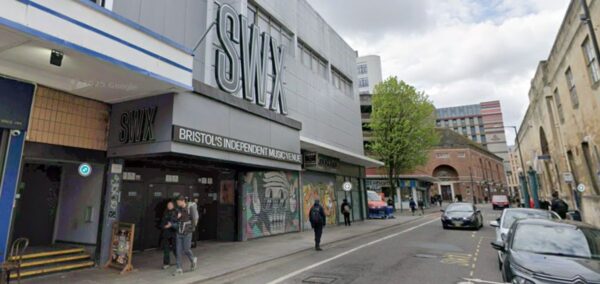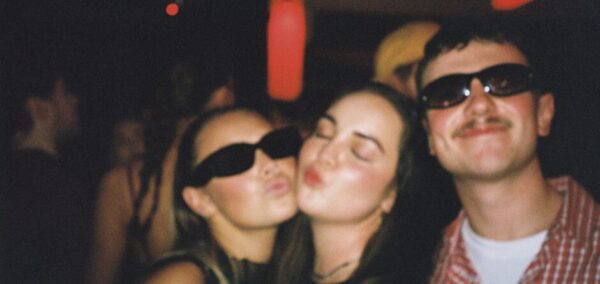
University of Glasgow halls closed after RAAC concrete found
The university will not assign rooms on the top floor of Wolfson Hall to incoming students
The University of Glasgow has taken precautionary measures by closing the top floor of Wolfson Hall, one of its student halls of residence, after potentially hazardous concrete was discovered.
The concrete in question, known as reinforced autoclaved aerated concrete (RAAC), has been found in various parts of educational buildings, including in lecture theatres, science labs, and student union areas. RAAC has also been detected in numerous other educational, public, and healthcare buildings across Scotland.
Although inspectors have classified the RAAC found at Wolfson Hall as “low risk”, the university has decided not to allocate rooms on the building’s top floor to students arriving for the new term.
This decision aligns with the cautious approach adopted by several universities, where a total of 10 institutions have either fully or partially closed buildings due to RAAC-related concerns, including University of Edinburgh and University of Aberdeen.
Wolfson Hall, a three-story residence located near the university’s Garscube Sports Complex and Vet School, is currently undergoing further detailed surveys to assess the extent of the RAAC presence. The University of Glasgow, like other educational institutions in the region, has initiated professional surveys with the support of external structural engineers to ensure the safety of its facilities.

While the university maintains that the presence of RAAC is currently considered low risk, it remains committed to prioritizing the safety and well-being of its students and staff.
A University of Glasgow spokesperson said to the BBC: “Like other educational institutions we have recently instigated a professional survey supported by external structural engineers.
Most Read
“The inspection carried out this week has classified its presence as low risk, so we have made a decision not to close the hall.
“However, we will undertake further more detailed surveys in the coming days.”


















